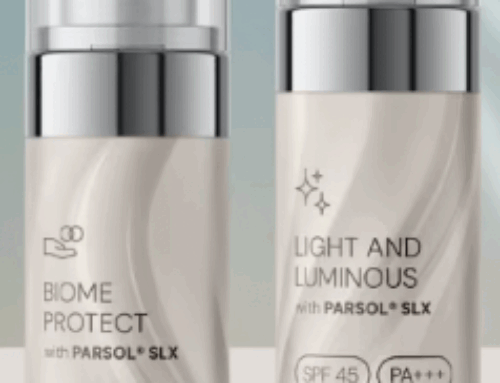Sunscreen is a primary defense against ultraviolet radiation on exposed skin. Some people believe that sunscreen does more harm than good and refuse to wear sunscreen for sun protection. They believe that sunscreens contain toxic compounds that will heavily impact their health. Many of these concerns stemmed from what is communicated on social media. This blog will address sunscreen safety and explain why sunscreen is not bad for you.
Addressing Concerns About Sunscreen Safety
One major concern about sunscreen is the potential for some chemical filters, like oxybenzone, octocrylene, octinoxate, homosalate, and avobenzone, to be absorbed into the bloodstream. A recent FDA study showed that these substances can remain in the body for days or weeks after application. However, it’s crucial to understand that absorption alone does not equate to harm. More research needs to be done to evaluate if the chemical ingredients have any adverse health effects in the body.
Sunscreen and Skin Cancer Prevention
One of the most compelling reasons to use sunscreen is its role in preventing skin cancer. Skin cancer is the most common type of cancer in the United States. Prolonged exposure to ultraviolet (UV) radiation from the sun is a well-established risk factor for developing skin cancers, including basal cell carcinoma, squamous cell carcinoma, and melanoma.
The high rates of skin cancer linked to excessive sun exposure make sunscreen an essential preventive measure. Sunscreen protects the skin from harmful UV rays that can lead to cellular damage, genetic mutations, and, ultimately, cancer.
Vitamin D Levels
Another argument against sunscreen is that it might interfere with vitamin D production. However, evidence shows that sunscreen does not significantly impact vitamin D levels. Even with high SPF sunscreens, a small amount of UVB rays still penetrates the skin, allowing for sufficient vitamin D synthesis.
There are effective alternatives for those concerned about maintaining adequate vitamin D levels. Incorporating vitamin D-rich foods into the diet or taking supplements can address any potential deficiencies without compromising skin health.
Sunscreen is a critical component of skin care, offering essential protection against the harmful effects of UV radiation. Despite concerns about ingredient absorption and vitamin D levels, the substantial benefits of sunscreen in preventing skin cancer and other skin conditions are well-documented. The risks associated with excessive sun exposure, including the development of skin cancer, are a greater reason to wear sunscreen than to fear any potential issues related to sunscreen application. If you have questions about sunscreen facts, consult a board-certified dermatologist since they have advanced training and are most qualified to advise you on sun protection.





